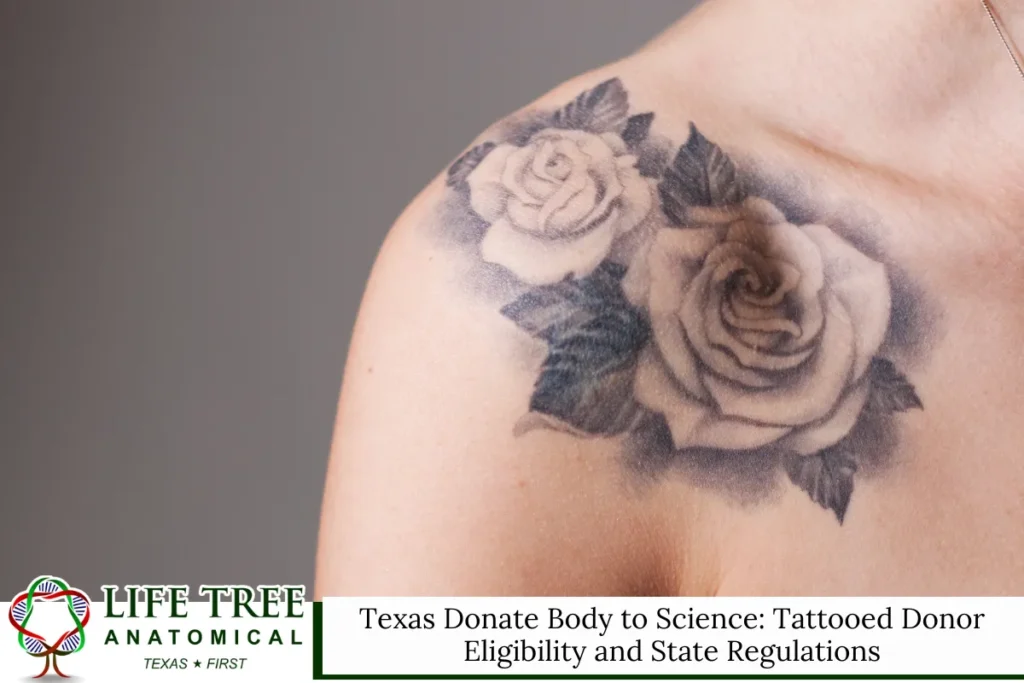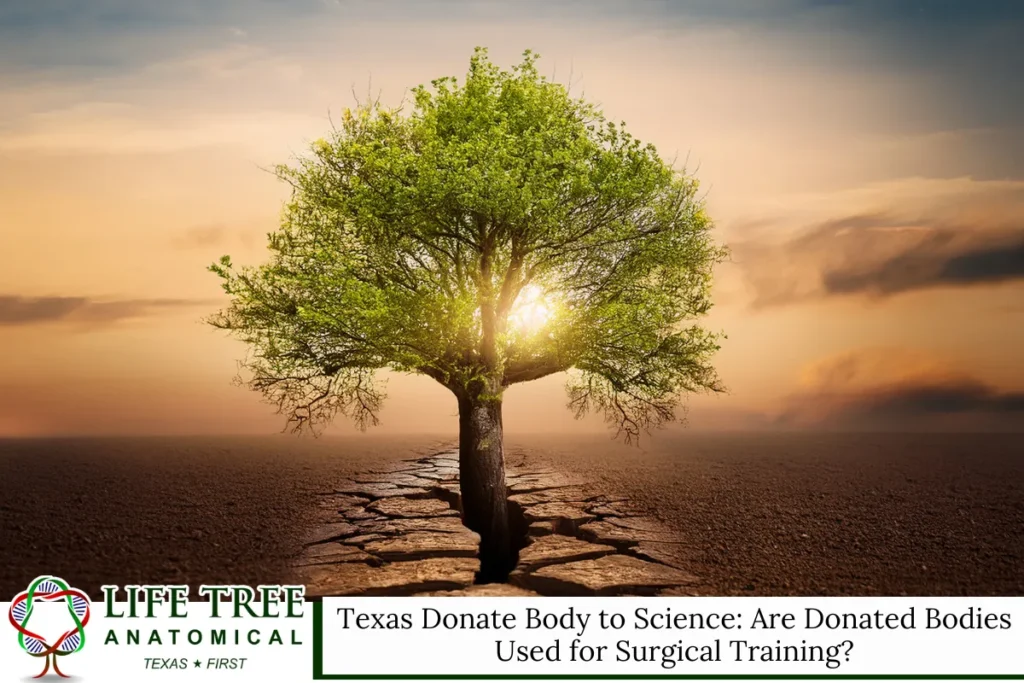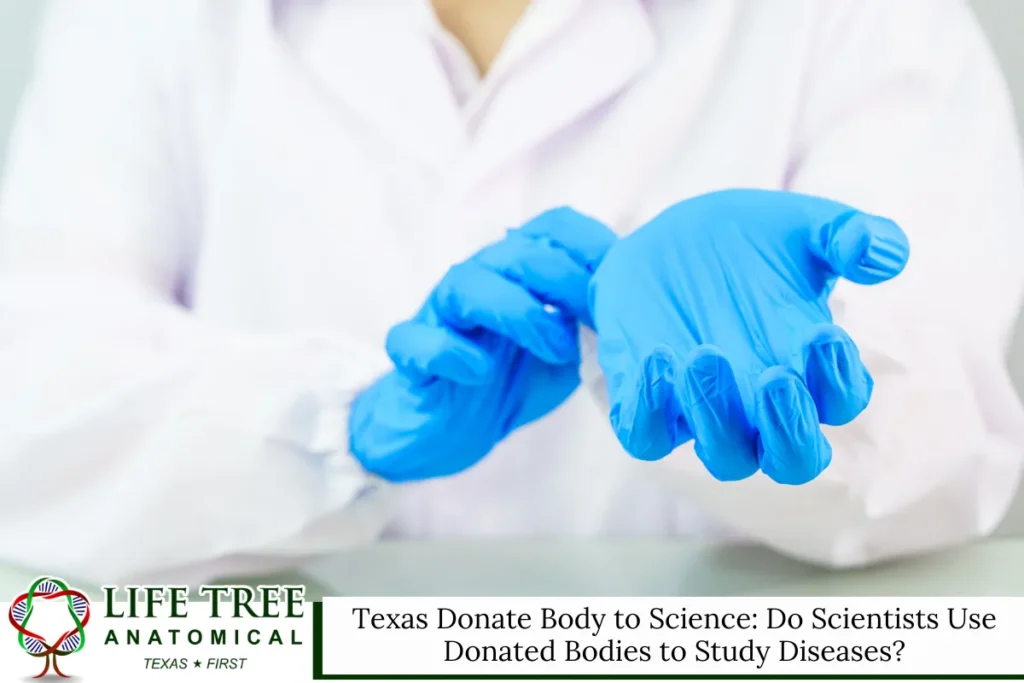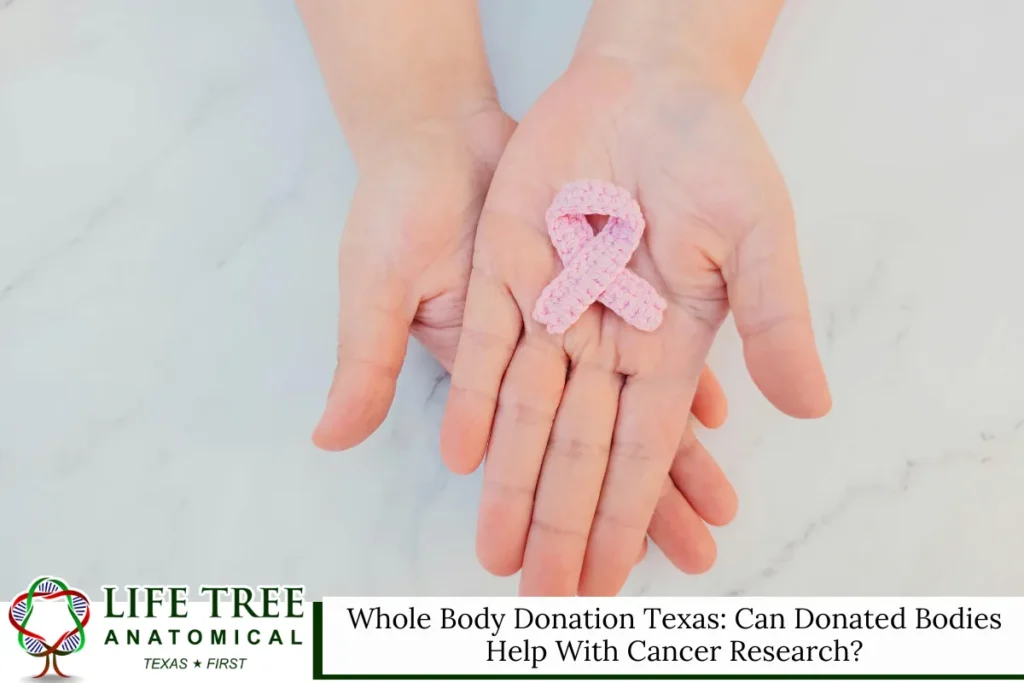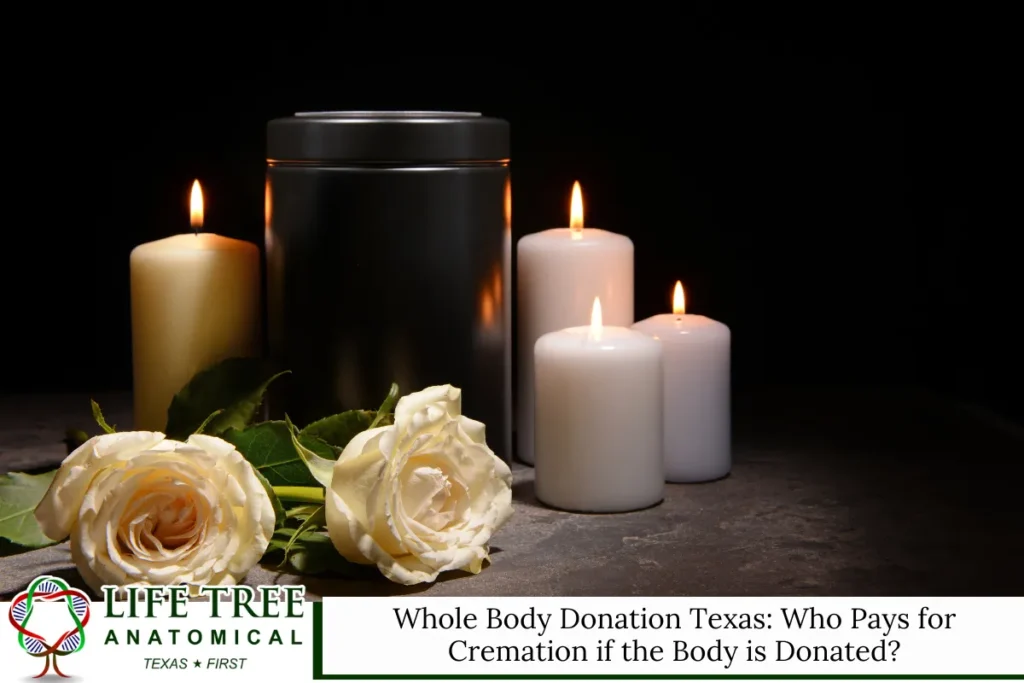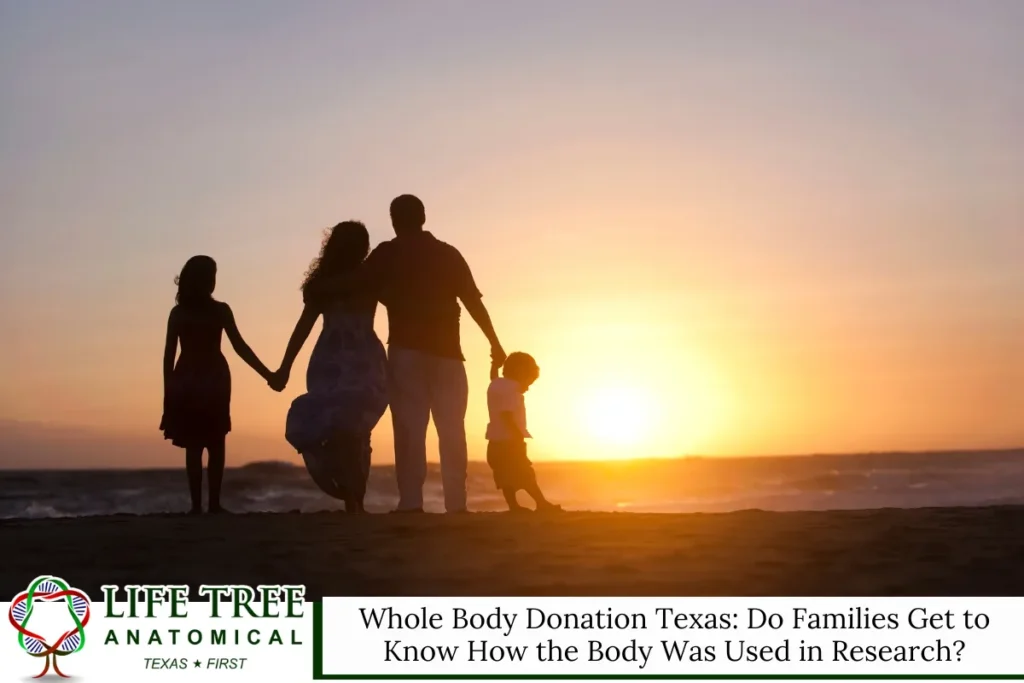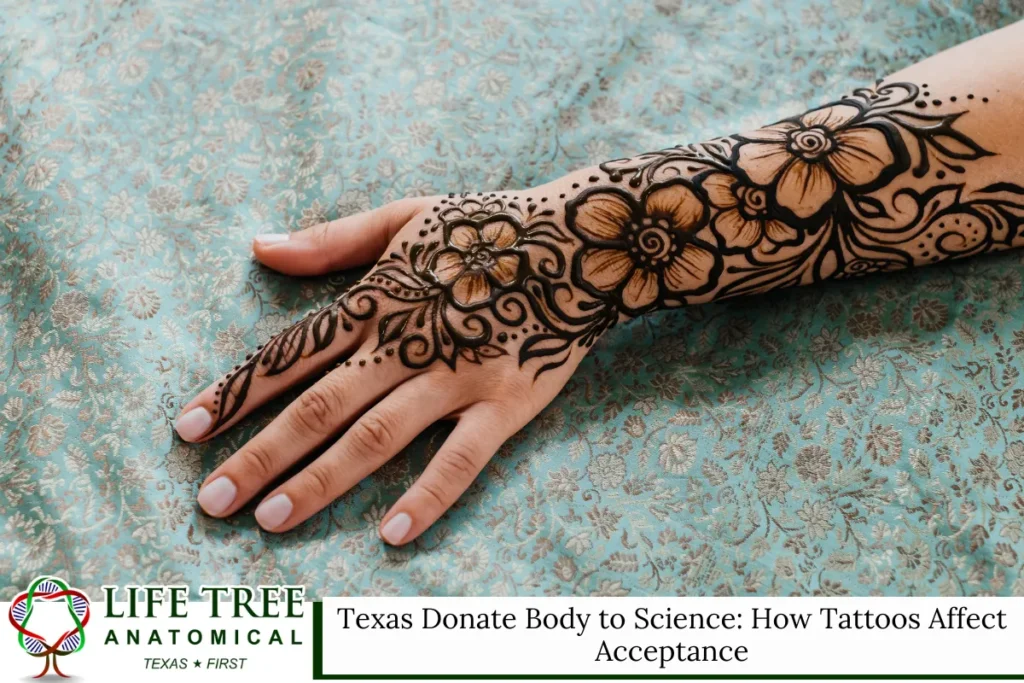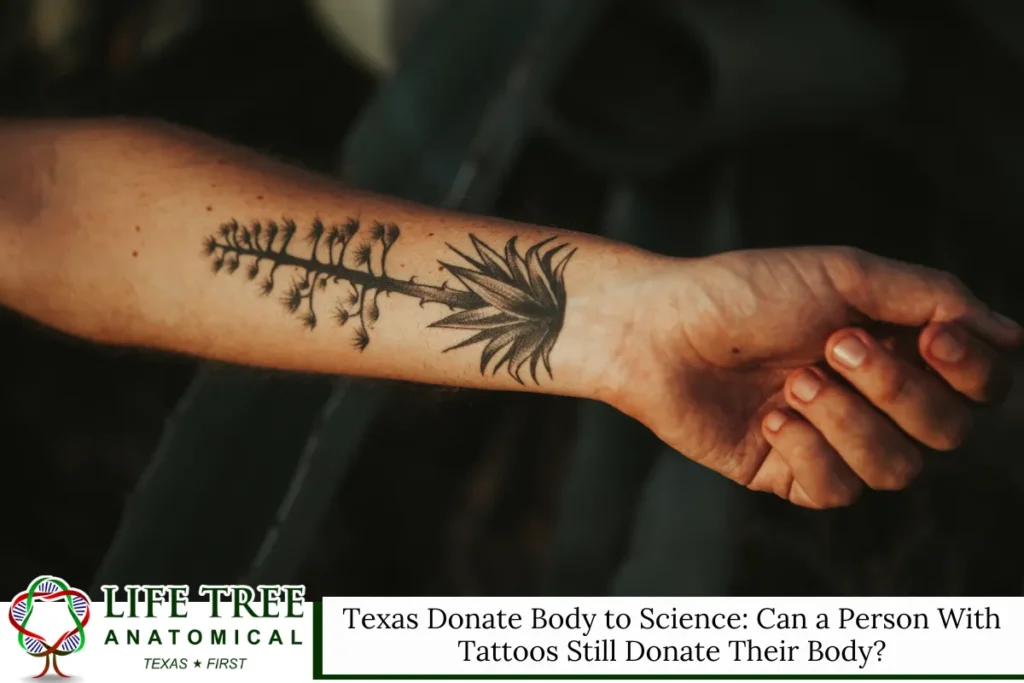Exploring the Barriers and Benefits of Whole Body Donation in Texas
Texas donate body to science programs are a valuable option for those wishing to leave a lasting legacy, but confusion over eligibility—especially for tattooed donors—and state regulations can create unnecessary obstacles. Many Texans want to contribute to medical advancement after death, yet uncertainty about who qualifies, particularly for individuals with tattoos or recent body art, leads to hesitation and missed opportunities. For grieving families, these doubts can increase stress during an already difficult time. The good news? Texas has clear guidelines that make whole body donation accessible to most adults, even those with tattoos. In this guide, we break down the requirements, explain how the willed body program works, and provide practical steps to make your donation count—tattoos and all.
Understanding Whole Body Donation in Texas
Whole body donation in Texas is the voluntary act of donating your entire body for medical research, education, or scientific advancement after your death. Many universities, medical schools, and private organizations maintain willed body programs that allow residents to register their intent. Donating your body to science can support medical training, surgical technique improvement, and the discovery of new treatments. This selfless act is crucial for the development of healthcare and benefits future generations.
Benefits of Donating Your Body to Science
- Advances Medical Education: Donated bodies give medical students hands-on experience that is impossible to replicate with models or digital tools.
- Supports Research: Scientists use donated bodies to develop new surgical procedures and medical devices.
- No Cost to Donor’s Family: Most programs cover transportation, cremation, and the return of remains, reducing financial burdens for loved ones.
- Lasting Legacy: Donation can be a powerful way to help others even after life ends.
Eligibility for Body Donation in Texas
Generally, most adults over 18 can register for whole body donation in Texas. There are a few medical or situational exclusions, which may include:
- Certain infectious diseases (such as HIV/AIDS or active hepatitis)
- Recent major surgery or trauma
- Extreme obesity or emaciation
- Autopsy or organ/tissue donation (other than corneas) prior to whole body donation
Special Consideration: Tattooed Donors
A common myth is that people with tattoos are automatically disqualified from donating their bodies to science. In Texas, having tattoos does not generally prevent whole body donation. However, some programs require that any new tattoos must have been healed for a certain period (commonly six months to a year) to minimize the risk of infectious disease transmission. Always check with your chosen willed body program for their specific policy.
Texas State Regulations: What You Need to Know

Legal Framework for Willed Body Programs
Texas regulates whole body donation through statutes under the Texas Health and Safety Code. Willed body programs, often associated with medical schools, must comply with strict rules to ensure ethical handling, transport, and use of donated bodies.
Requirements for Donating Your Body in Texas
- Advance Registration: Most programs require donors to pre-register and complete legal consent forms.
- Next-of-Kin Notification: Inform your family about your wishes, as their consent may be needed at the time of your death.
- Medical Screening: After death, a quick medical review determines final eligibility based on current health and cause of death.
- Documentation: You will need to provide proof of identification and may be asked about medical history, travel, and lifestyle.
Steps to Register for Whole Body Donation
1. Choose a Program
Select a reputable Texas willed body program, such as a university medical school or a trusted anatomical donation organization.
2. Complete the Paperwork
Fill out the registration packet and consent forms. These will outline your wishes and provide legal permission for donation.
3. Inform Your Family
Make sure your loved ones are aware of your decision and understand the process.
4. Keep Records Accessible
Store your registration confirmation and contact details in an easy-to-find place.
Tattooed Donors: Common Myths and Facts
Are Tattoos a Barrier to Body Donation?
The presence of tattoos does not disqualify you from donating your body to science in Texas. Here’s what matters:
- Healing Time: Tattoos must be fully healed—recent tattoos can increase infection risk.
- Medical Review: All donors undergo medical screening for communicable diseases, which is standard for all, not just tattooed donors.
- Transparency: Clearly communicate your tattoo history during registration.
Addressing Additional Concerns
- Piercings: Like tattoos, healed body piercings are usually acceptable. Recent piercings may be a concern.
- Cosmetic Procedures: Cosmetic tattoos or medical enhancements should be disclosed but rarely prevent donation.
The Willed Body Program: Supporting Science and Families
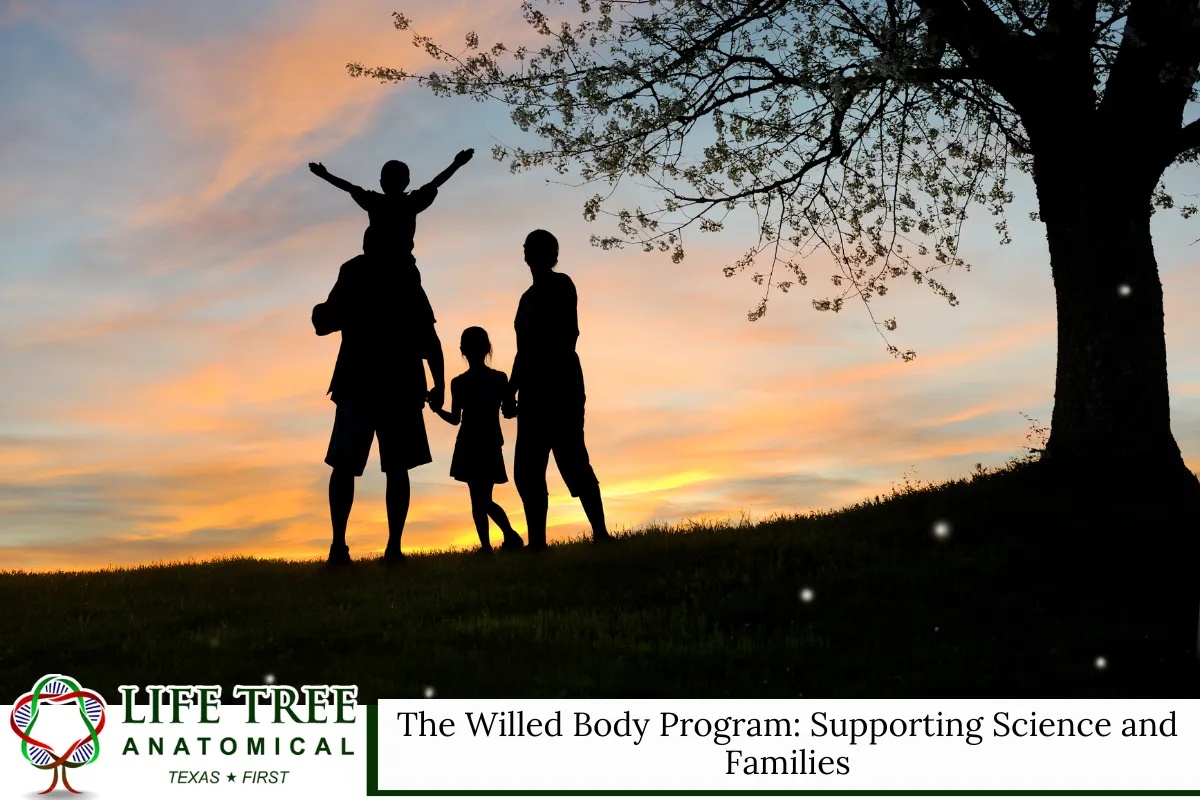
What Happens After Death?
Upon your passing, the program will:
- Arrange transportation of the body at no cost to your family (within a designated area)
- Perform a final eligibility screening
- Use the donation for educational and research purposes, following strict legal and ethical guidelines
Returning Remains
After studies are complete—usually within 1 to 2 years—cremated remains are returned to the family, if requested. Memorial services may be offered.
Key Points for Texas Families
- Register early; don’t wait until it’s too late
- Communicate with your family so your wishes are honored
- Understand that most reputable programs cover all major costs
Texas Donate Body to Science – Life Tree Anatomical
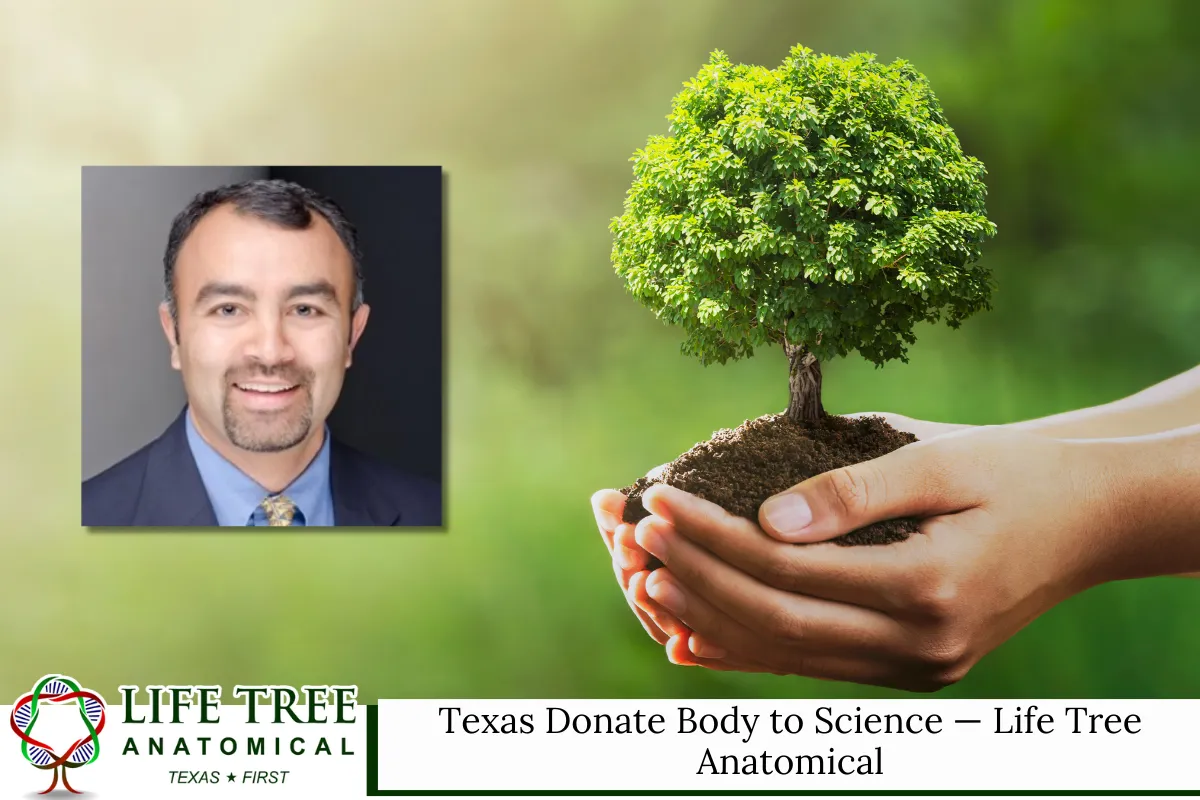
If you are considering the option to donate body to science in Texas, Life Tree Anatomical is a trusted statewide provider dedicated to making the process simple, respectful, and transparent. We help individuals and families navigate whole body donation by offering easy registration, compassionate guidance, and coverage of all costs, including transportation and cremation. Our Texas-based team provides quick support, answers all your questions, and ensures your wishes are carried out with dignity. Start your journey by calling (512) 402-8533 or filling out our convenient contact form to receive a full requirements and registration packet. Leave a legacy—advance science and help future generations today with Life Tree Anatomical.
Frequently Asked Questions
1. Can I donate my body to science if I have a history of cancer or other chronic diseases?
Yes, you can still donate your body if you have had cancer or a chronic disease, but eligibility depends on the specific policies of the willed body program and the condition at the time of death. Some conditions, like untreated infectious diseases, may result in disqualification, but many programs accept donors with a history of cancer or chronic illnesses, as these cases can provide valuable learning opportunities for medical students and researchers. Always discuss your medical history during registration for accurate guidance.
2. What happens if I move out of Texas after registering with a local program?
If you move out of Texas, your registration may not transfer automatically to another state’s willed body program. It’s important to contact your registered program to discuss your relocation and ask if they have partner organizations in your new location. Many programs recommend re-registering with a local provider to ensure seamless arrangements at the time of need.
3. Is there an age limit for whole body donation in Texas?
Most Texas programs do not have a strict upper age limit for donation, as the value of a donor’s contribution is based more on their medical and anatomical suitability than their age. However, you must be at least 18 to register. Seniors and those of advanced age are encouraged to consider donation, as every contribution is important to advancing medical education.
4. Can I still have a funeral or memorial service if I donate my body to science?
Yes, families can still hold a funeral or memorial service. Many programs offer guidance on planning a celebration of life either before transportation or after cremated remains are returned. Immediate viewing may not be possible, but personalized ceremonies and meaningful tributes can still be arranged to honor your memory.
5. How do religious beliefs impact whole body donation in Texas?
Texas respects all religious beliefs. Most major faiths either permit or encourage organ and body donation as an act of charity. However, some traditions may have specific requirements or preferences. It is important to discuss your wishes with your spiritual leader and family. Willed body programs are accustomed to working with families to accommodate religious customs wherever possible.
Read Texas Donate Body to Science: How Tattoos Affect Acceptance

